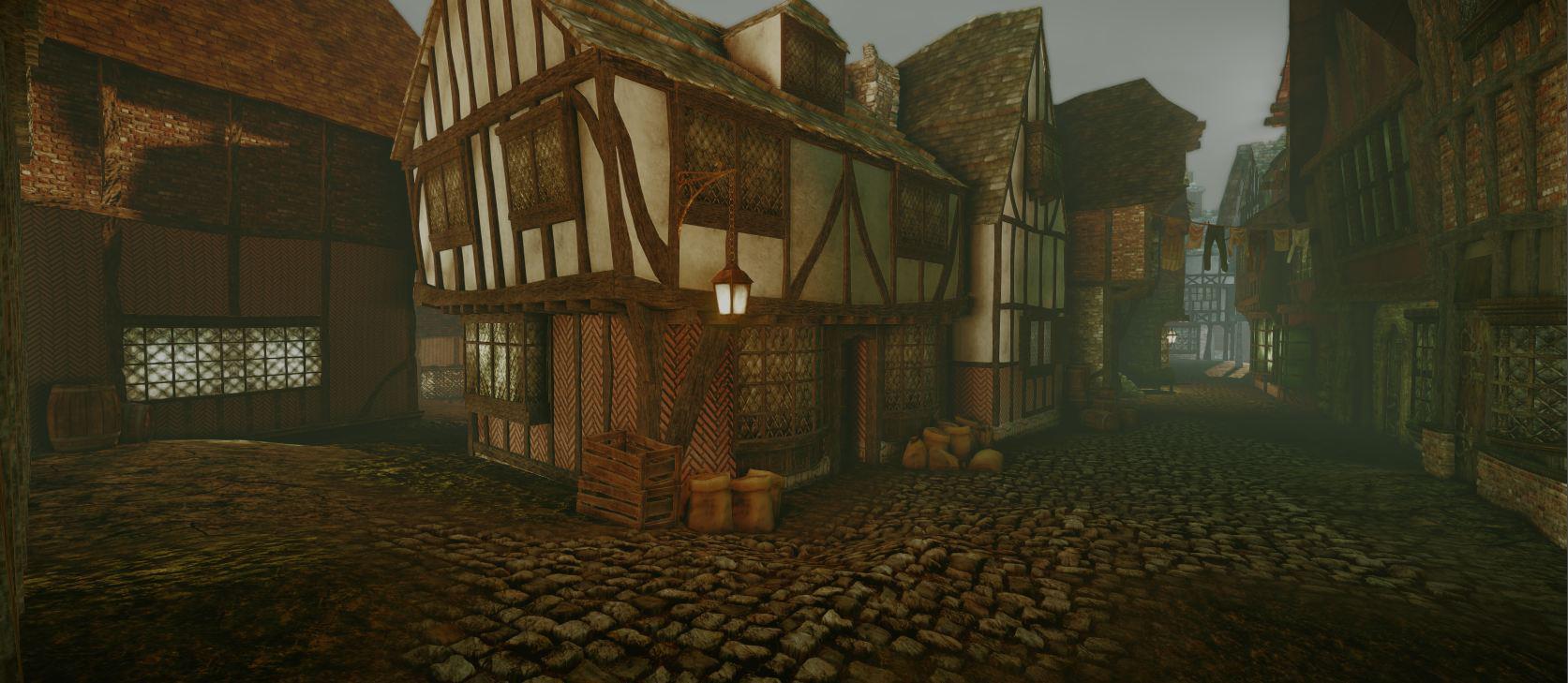You are viewing entries marked 'Features'.
Introduction
In early 2013, Crytek, GameCity, and The British Library teamed up to launch a competition that challenged students to create interactive environments using maps from The British Library and Crytek’s CryENGINE 3, a suite of tools used to develop video games.
(Read more)
Scholars of early modern England have recently begun to pay more attention to sermons. (McCullough, Adlington, Rhatigan 2011). Scholars have recognized that in the sixteenth and seventeenth centuries, as Jeanne Shami has put it, sermons were “the mass media of their day,” providing their listeners with reports of “breaking news,” while satisfying “appetites for .
(Read more)
How Do Digital Technologies Deepen Ethnographic Practices?
Culture takes variegated forms, including lived experiences, social interactions, memories, rituals, transactions, events, conversations, stories, gestures, and expressive disciplines like music and dance. These processes and artifacts of social life make an ethnographer’s job as analyst and cultural documentarian dynamic and challenging.
(Read more)
require 'rubygems'
require 'mechanize'
require 'geokit'
include Geokit::Geocoders
# intitialize agent and open page
agent = Mechanize.new
# create a .txt file to save the results of the program in
filename = 'MyspaceFriendListnew.txt'
(Read more)

Screen shot from “Pudding Lane.”
“All of these various traces of the [public performance] have been integrated into a single experiential research environment through digital modeling.”
John N. Wall
(Read more)

